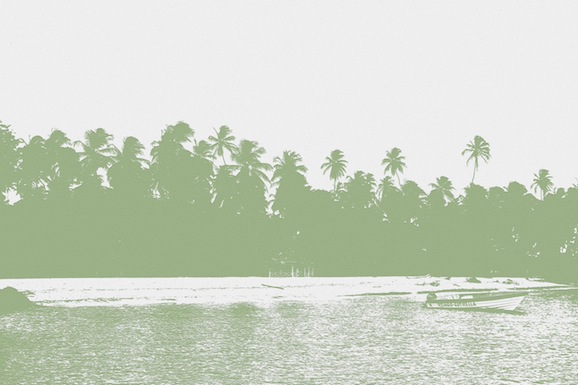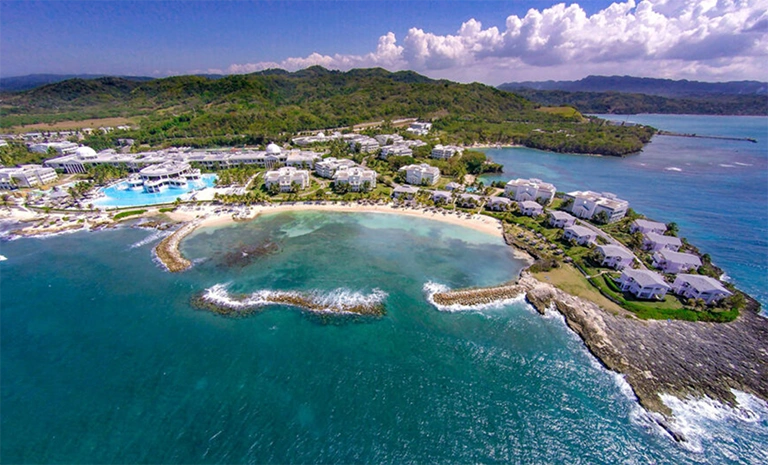Seeking Caribbean Prosperity

By Ryan Peterson
CJ Contributor
WHILE IT is no secret that the Caribbean has struggled with sustainable socio-economic growth for well over half-century, what is less readily known and acknowledged is that more than 50 percent of growth in national productivity and prosperity is explained by internal — so-called endogenous — factors and conditions, in which industry and businesses play a pivotal role.
Contrary to popular views and populist arguments that small-islands are vulnerable and powerless to the whims and tides of global trends and threats, recent studies indicate that almost 60 percent of sustainable socio-economic growth is explained by institutional capabilities for collaboration and innovation.
While the contemporary, common-held belief points towards the influence of ‘deep roots’, i.e., legacy factors in terms of (limited) natural endowments, political colonialism, (small) geographic size, or institutional corruption, evidence is now forth-coming that beyond ‘deep roots’ and Caribbean island legacies, institutional leadership matters even more, particularly as it relates to (micro-economic) business conditions and competencies.
Acknowledging the role of institutional legacies, political histories, and the role and responsibility of public institutions in small-island states across the Caribbean, industry capabilities and business competencies (especially for ‘soft’ innovation), have a stronger (more significant) influence on levels and growth of productivity, prosperity and socio-economic sustainability over the long-term.
Yes, investing in your people, developing talents, engaging customers, and harnessing a culture of collaboration, inspiration and creativity pays off!
So what to think of, and say to those businesses and executives who claim that they can’t make or sustain a profit because of government (de-)regulation? Or those that are convinced that public institutions — and the legacy of bureaucracy — are the biggest impediments, obstacles and burdens to economic growth? Well, here are some thoughts – they could always run for office and try to change the system; or, more likely, stand on the side of complacency and comfort, capitalizing on pointing fingers (towards the legacy of government), and externalizing responsibilities (to government) for profitability, productivity and prosperity.
The fact of the matter is that we are enthralled with the problems of others (institutional legacies), rather than with our internal potentiality and possibilities (for innovation leadership).
In a recent HBR article, Gary Hamel, discusses the core incompetencies of contemporary business, arguing that organizations today suffer from a range of self-inflicted disabilities that no amount of magic will cure.
According to Hamel, too often contemporary businesses are inertial to change, incremental to transform, and emotionally insipid. The notion of insanity, eloquently defined by Albert Einstein as doing the same thing, and expecting a different result, certainly comes to mind.
As the whims and winds of deep roots and disruptive innovation continue to intensify across the Caribbean, these ‘insane incompetencies’ will become even more (self-) destructive and (internally) disruptive.
Yes, deep roots matter, but they are neither the whole story, nor an excuse for inaction or inability.
To create and capture Caribbean prosperity, we have to go deeper, much deeper than ‘deep roots’.
Just as Socrates felt that it was necessary to create a tension in the mind so that individuals could rise from the bondage of myths and half-truths to the unfettered realm of creative analysis, we must redeem ourselves, and see beyond the complacencies and confines of the past and the present, to proactively construct sustainable futures for Caribbean prosperity.
In true Caribbean nature, we must “emancipate ourselves from mental slavery,” in the words of the immortal Bob Marley.
Ryan R. Peterson, PhD is Professor of Innovation Economics and Research Chair in Sustainable Islands at the University of Aruba. He is the co-founder of the National Council for Innovation & Competitiveness, and the Leadership Institute for Sustainable Innovation. He can be reached at ryan.peterson@ua.aw.







